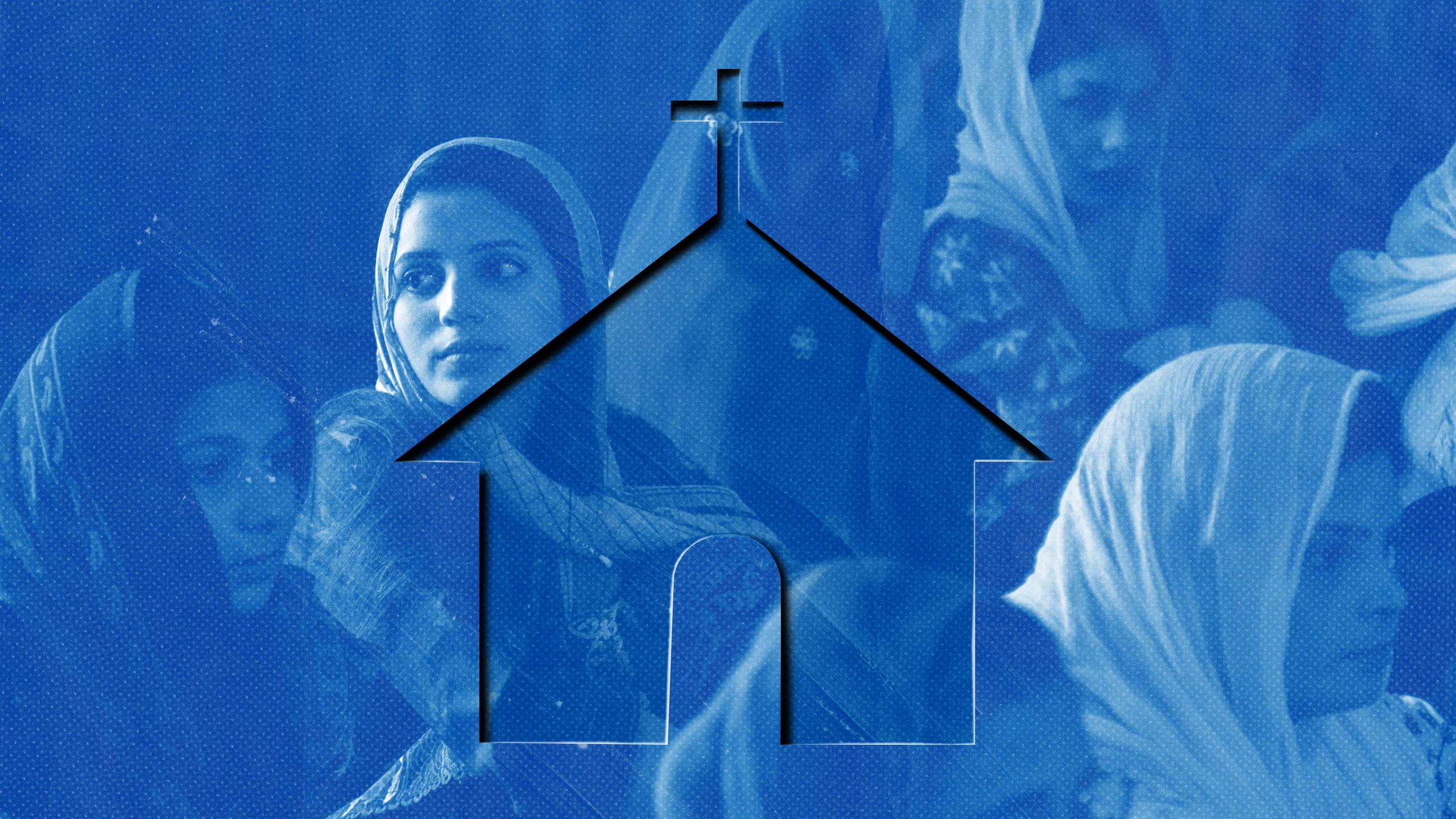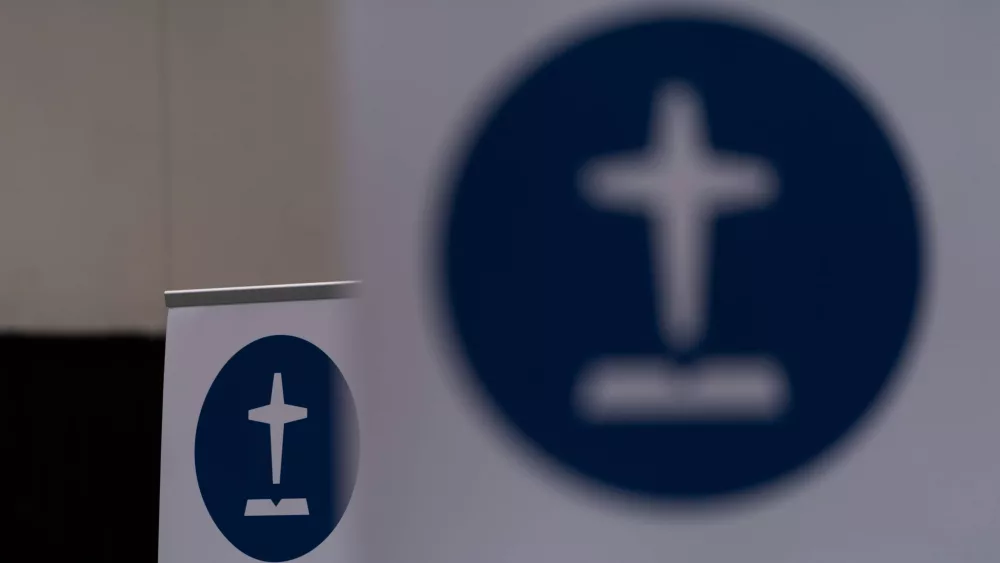
After 60 years of division, leaders hope that coming together will strengthen the church’s witness.
On March 25 of this year, a group of Pakistani Presbyterian church leaders gathered in one of their homes. There, the 20 or so people decided to bring their factions together after years of contentious division. Later, they gathered for tea and seviyan, a sweet vermicelli dessert cooked in sugar and milk or oil, at Gujranwala Theological Seminary.
There were no contracts or legal documents to mark this momentous decision. “We just talked and trusted each other,” said Reuben Qamar, the leader, or moderator, of one faction.
The Presbyterian Church of Pakistan (PCP) has a long history in the country, where Christians comprise less than 2 percent of the population. The Presbyterian mission was founded in the 1860s, and its missionaries led mass conversion movements and set up schools and hospitals in the region. In 1961, it was declared an autonomous body and local leadership began stewarding it.
This was when the divisions started: first between the ’60s and ’70s, then in the ’90s, and more recently in 2018 and 2021, says Qamar, noting that the splits mainly occurred not because of doctrinal differences but because of power and corruption.
One major conflict arose when there was a dispute on whether a moderator could extend their term from three to five years. Some supported this change, while others did not.
By the end of 2023, the church was split into three factions: One led by Qamar, and two others by moderators Arif Siraj and Javed Gill, respectively. Each claimed to be the Presbyterian Church of Pakistan.
The root of the problem was discipline, says Majeed Abel, the executive secretary in Siraj’s former faction. Whenever conflicts arose, people took “refuge” in splitting and creating …

